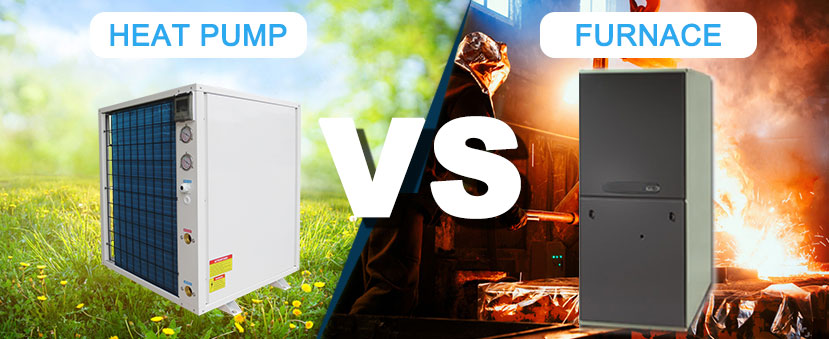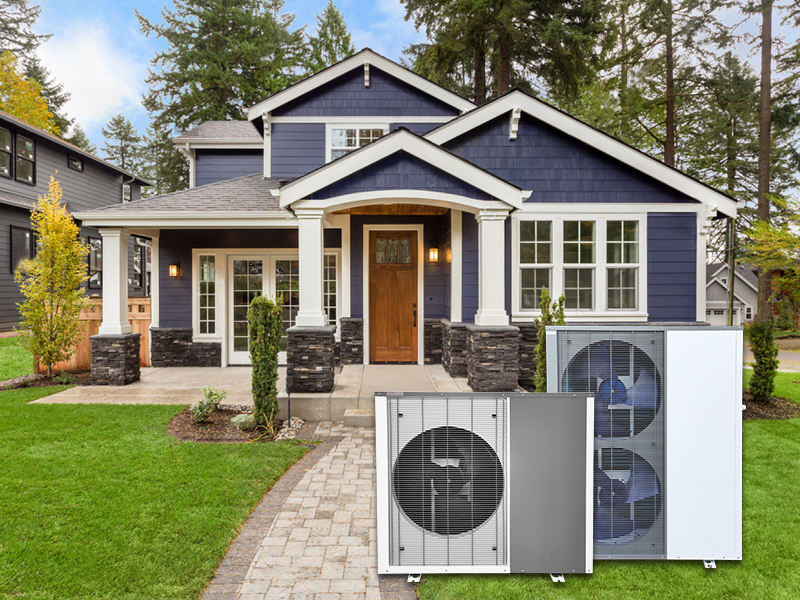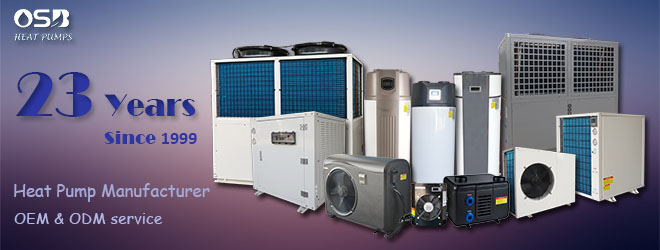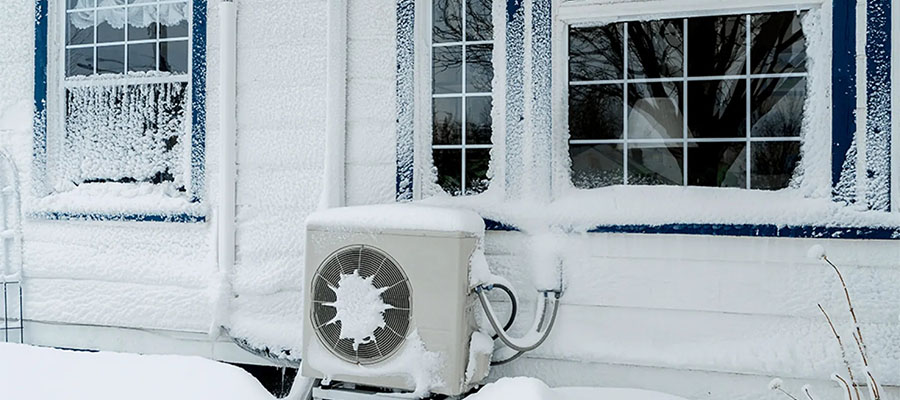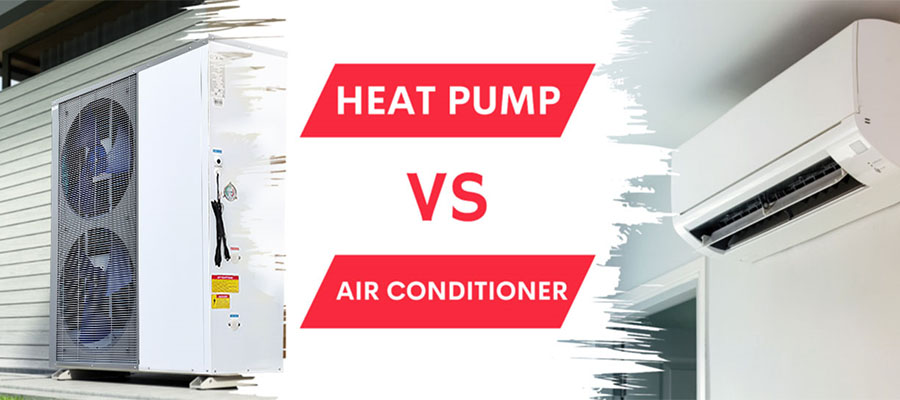Why is furnace being replaced by heat pumps?
Energy Efficiency: Heat pumps are generally more energy-efficient than furnaces. They work by transferring heat from one place to another rather than generating heat through combustion. This means they can provide the same amount of heating using less energy, resulting in lower utility bills over time. With a growing emphasis on energy conservation and reducing carbon footprints, the energy efficiency of heat pumps makes them an attractive option for environmentally conscious consumers.
Versatility:Unlike furnaces, which only provide heating, heat pumps offer both heating and cooling capabilities in a single system. This versatility eliminates the need for separate heating and cooling units, simplifying HVAC systems and potentially reducing overall costs for homeowners. By providing year-round comfort, heat pumps enhance convenience and flexibility in managing indoor temperatures.
Environmental Considerations:Concerns about environmental sustainability are driving the adoption of heat pumps over furnaces. Heat pumps produce fewer greenhouse gas emissions compared to furnaces, especially if the electricity they use comes from renewable sources such as wind or solar power. By reducing reliance on fossil fuels and minimizing carbon emissions, heat pumps contribute to efforts to mitigate climate change and promote cleaner energy solutions.
Safety:Heat pumps operate without combustion, eliminating the risk of carbon monoxide poisoning, gas leaks, and other safety hazards associated with furnaces. This makes them a safer option for residential and commercial heating, particularly in enclosed spaces where indoor air quality and safety are paramount concerns. The absence of combustion also reduces the need for regular maintenance and inspection, further enhancing safety and peace of mind for homeowners.
Long-Term Savings:While the initial cost of purchasing and installing a heat pump may be higher than that of a furnace, the long-term savings they offer can outweigh the upfront investment. Lower energy bills, reduced maintenance costs, and potential government incentives or rebates for energy-efficient systems can make heat pumps a more cost-effective heating solution over time. By prioritizing long-term savings and financial stability, consumers are increasingly choosing heat pumps as a smart investment in their homes.
Technological Advancements:Advances in heat pump technology have improved their efficiency, performance, and reliability, making them a more attractive alternative to furnaces. Innovations such as variable-speed compressors, smart thermostats, and zoning systems enhance the comfort, convenience, and energy efficiency of heat pump systems. As consumers become more familiar with these technological advancements, they are more likely to choose heat pumps over traditional furnaces for their heating and cooling needs.
Government Incentives: Many governments offer incentives, rebates, tax credits, or other financial incentives to encourage the adoption of energy-efficient heating and cooling systems, including heat pumps. These incentives can help offset the upfront costs of purchasing and installing heat pump systems, making them a more affordable option for homeowners. By leveraging government incentives, consumers can make the transition from furnaces to heat pumps more accessible and cost-effective.

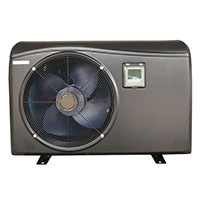 Swimming Pool Heat Pump
Swimming Pool Heat Pump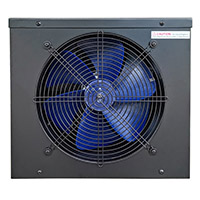 Ice Bath & Cold Plunge Chiller
Ice Bath & Cold Plunge Chiller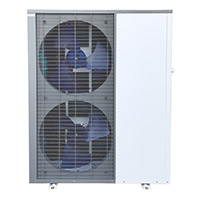 Heating & Cooling Heat Pump
Heating & Cooling Heat Pump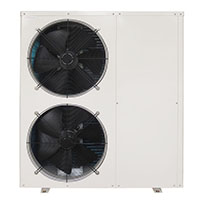 Domestic Hot Water Heat Pump
Domestic Hot Water Heat Pump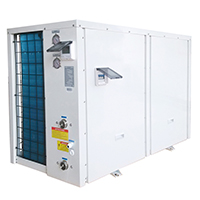 80℃ High Temperature Heat Pump
80℃ High Temperature Heat Pump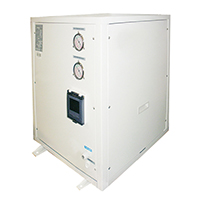 Geothermal / Water to Water Heat Pump
Geothermal / Water to Water Heat Pump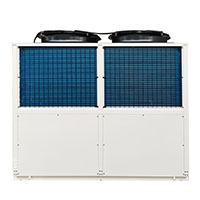 Commercial Industrial Heat Pump
Commercial Industrial Heat Pump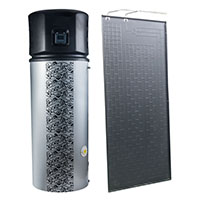 Solar Heat Pump
Solar Heat Pump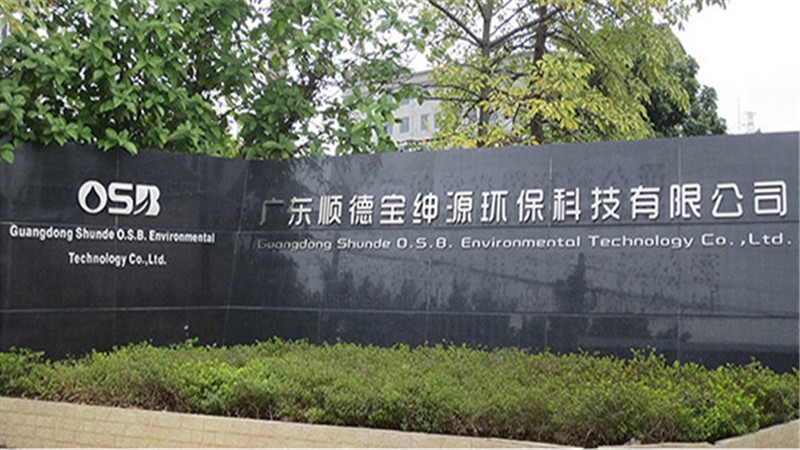 Company Profile
Company Profile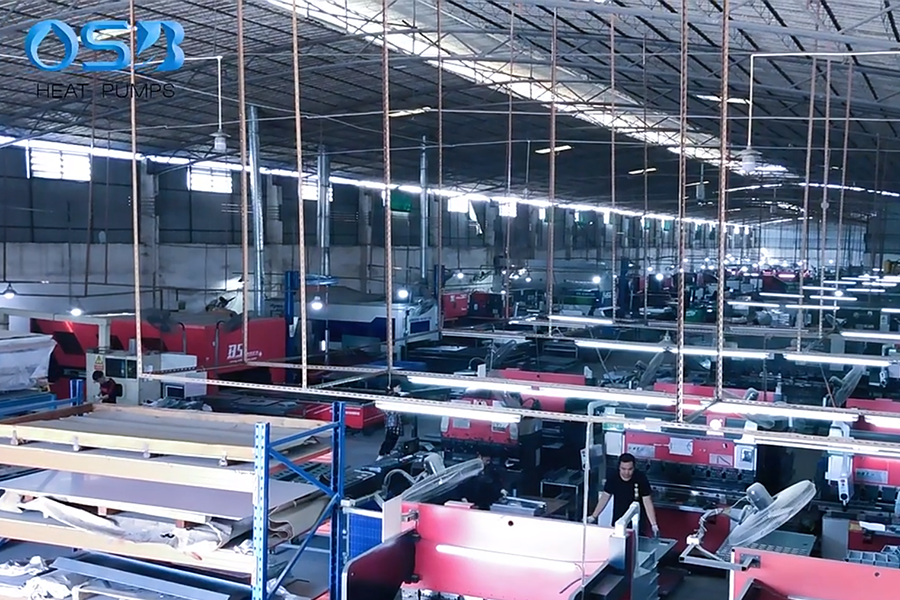 Supplier Management System
Supplier Management System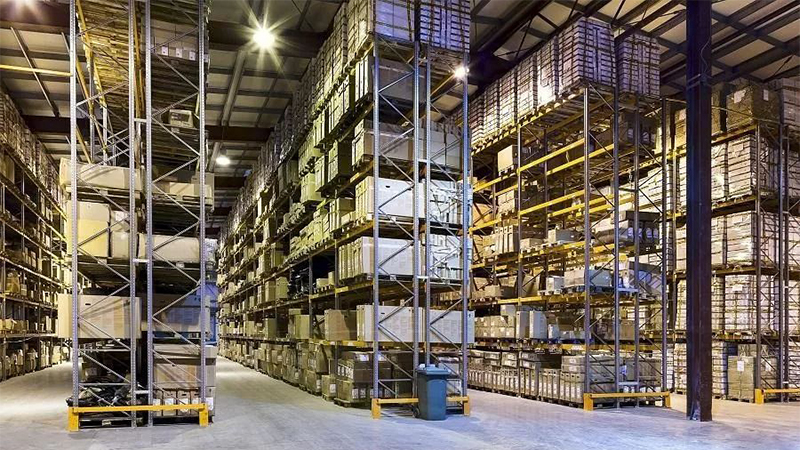 Material Management
Material Management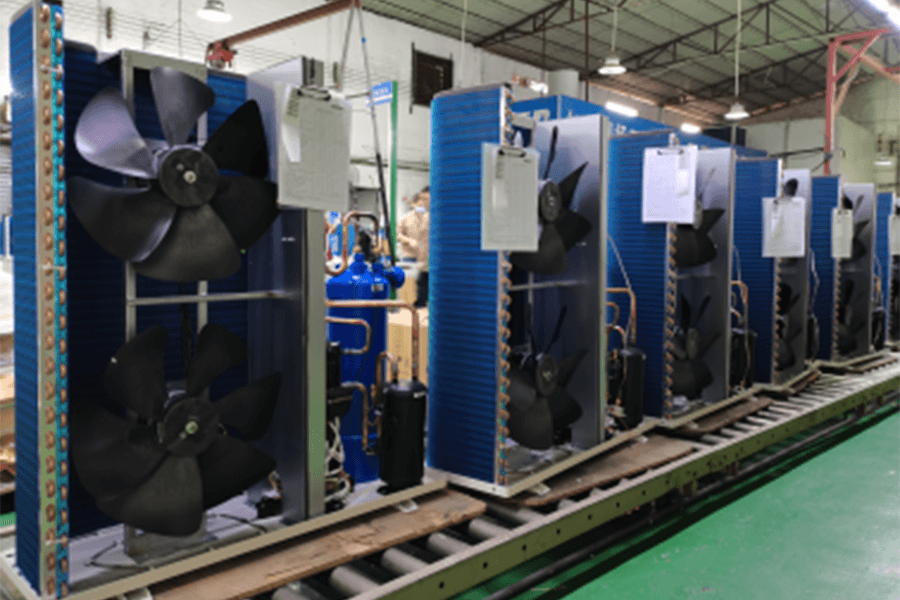 Production Process Management
Production Process Management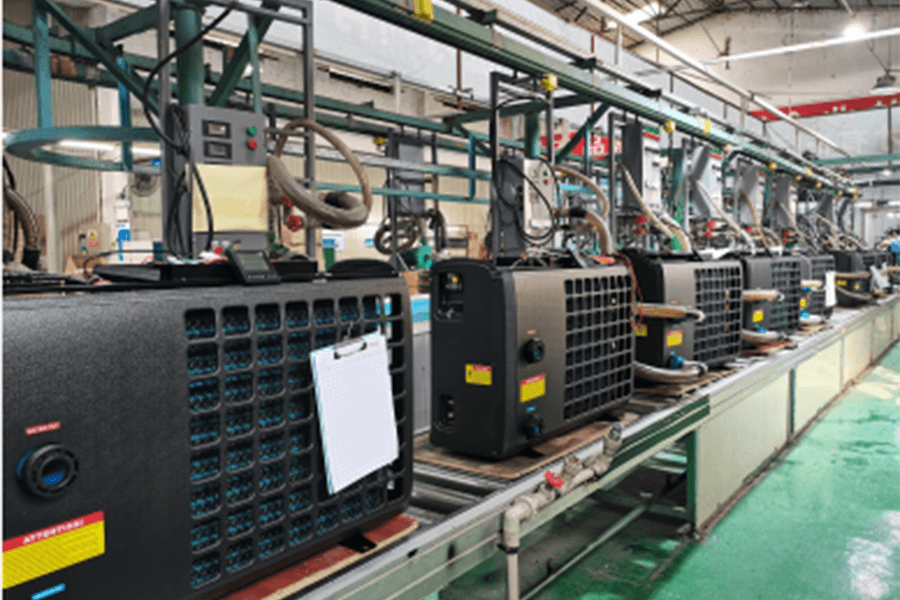 Product Inspection
Product Inspection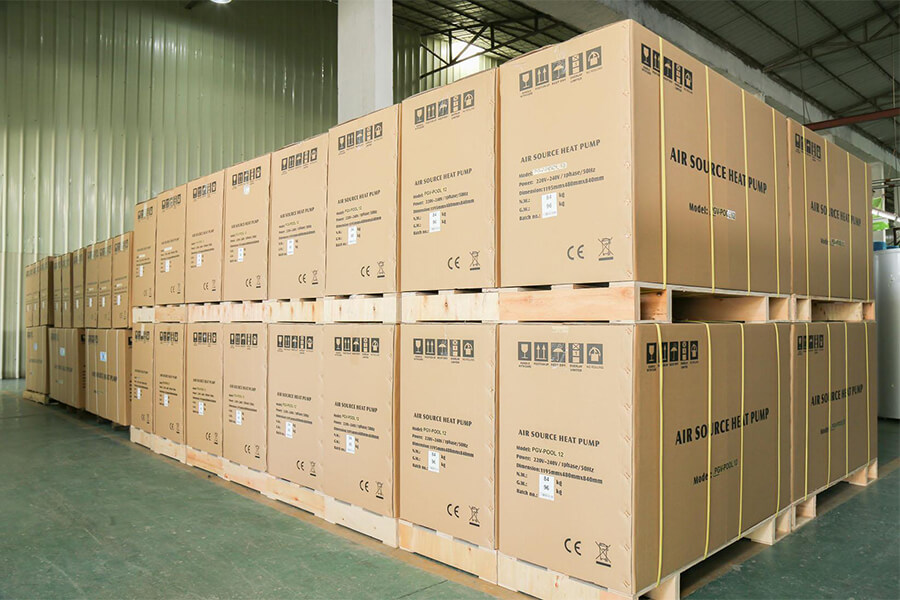 Packing & Shipping
Packing & Shipping After Sales Guarantee
After Sales Guarantee Certifications
Certifications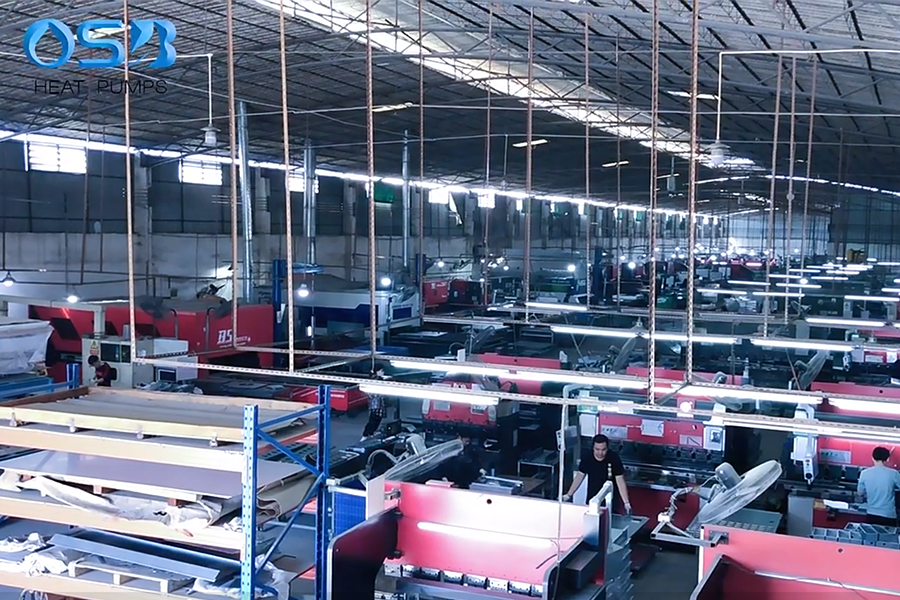 Stable Supply Chain
Stable Supply Chain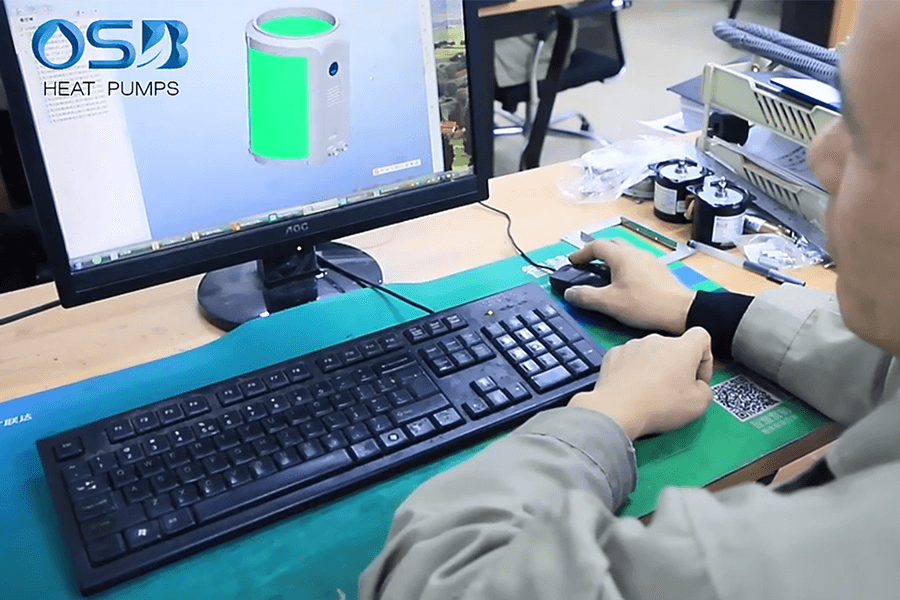 Design Capability
Design Capability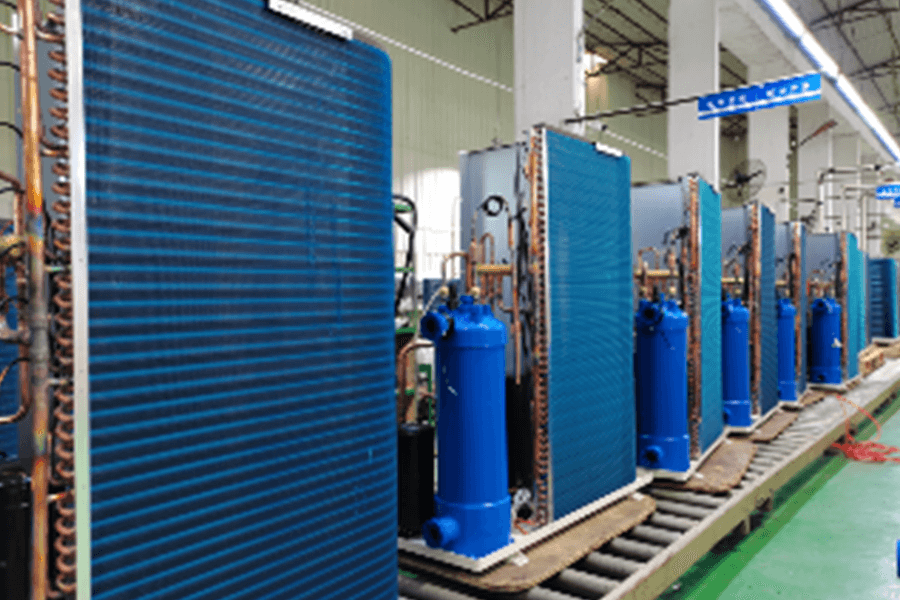 Production Efficiency
Production Efficiency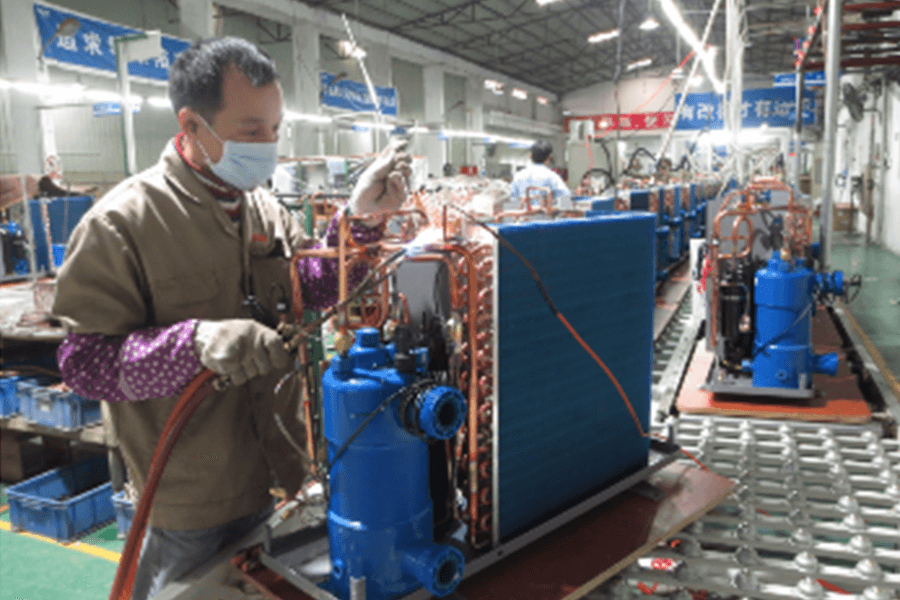 Skilled Workers and Advanced Production Process
Skilled Workers and Advanced Production Process Stable Cooperative Logistics
Stable Cooperative Logistics Team
Team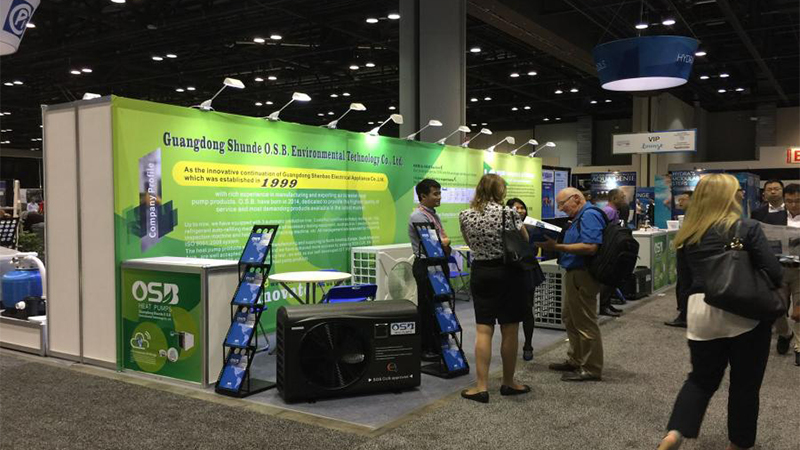 Exhibition
Exhibition Advantages
Advantages Social Responsibility
Social Responsibility
